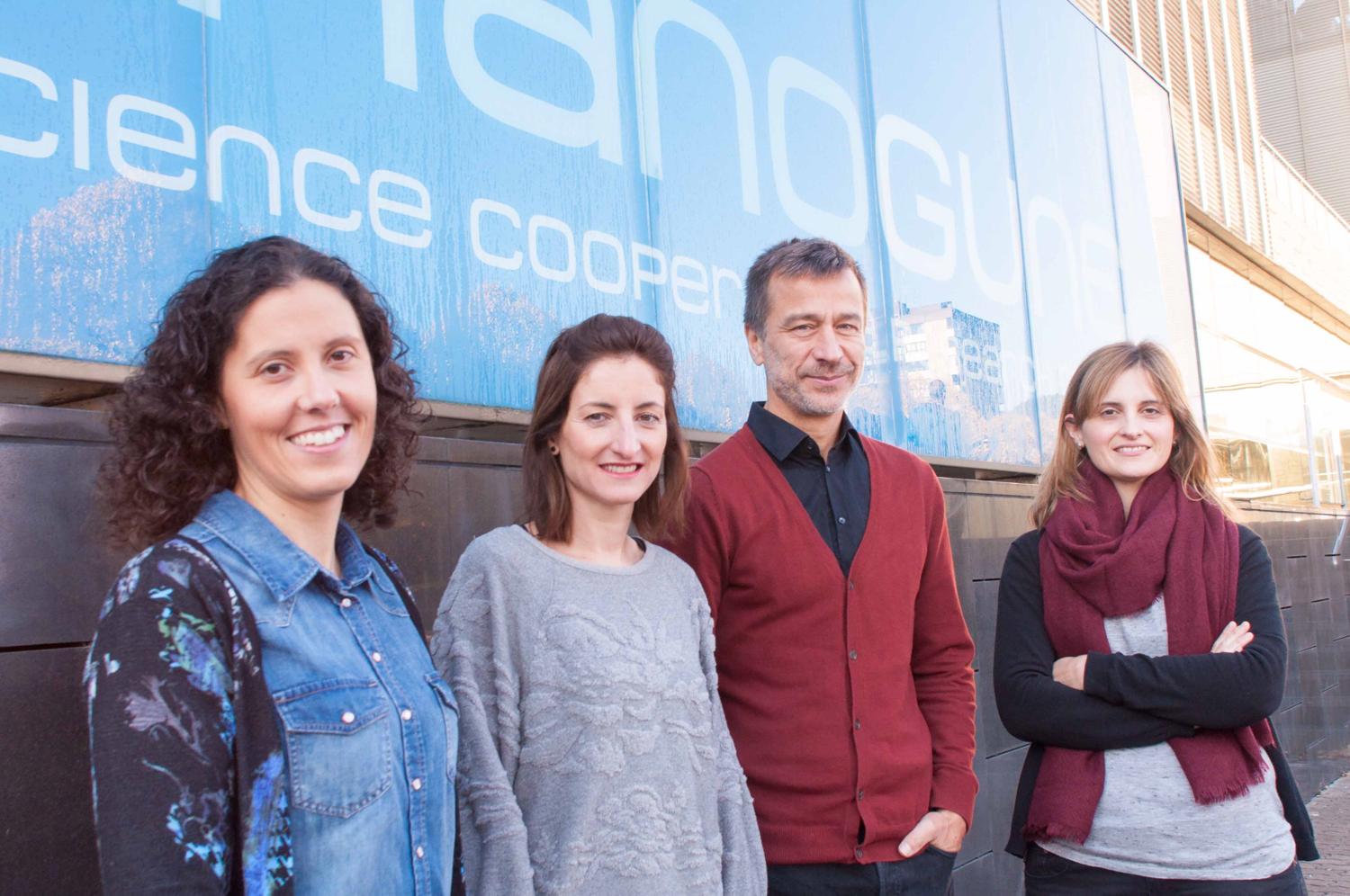New biomedical diagnostic tools based on nanoengineering
NanoGUNE´s new group, Nanoengineering Group, led by Ikerbasque Research Professor Dr. Andreas Seifert, focuses on research at the interface between fundamental nanoscience and applied engineering, in particular in the area of biomedical microsystems. The aim is to bridge the gap between physical sciences and industrial as well as clinical applications by introducing nanotechnology to finally gain added value for novel medical microsystems and mesoscopic devices.

“In collaboration with clinical partners, new diagnostic tools are to be developed, particularly for widespread diseases, as for example cardiovascular diseases, cancer or neurodegenerative diseases” explained Andreas Seifert, head of nanoGUNE´s Nanoengineering Group. He has more than 15 years experience in optical and biomedical engineering. With his former group at the University of Freiburg, Germany, Dr. Seifert was working on implantable sensor systems, novel miniaturized multi-modality probes and diagnostic tools for minimally invasive surgery. Based on this knowledge, the research lines at nanoGUNE will proceed in these fields to open new diagnostic and therapeutic opportunities. “These novel microsystems, based on nanotechnology, will open new diagnostic chances as, for example, continuous long-term monitoring of cardiovascular high-risk patients in daily routine realized by smart implants; improvement of early detection of cancer without exhausting biopsy by detection of exosomes - which are biological nanoparticles - in body liquids; or tissue differentiation in narrow body channels by means of optical microprobes integrated in flexible endoscopic devices” added Seifert.
One of the lines of research that Seifert wants to extend at nanoGUNE is focusing in the field of exosomes which are cell-derived vesicles with dimensions of some tens of nanometers. “Since exosomes carry a signature of the cell of their origin, and they migrate through the body and can be found in any body liquid, reliable detection of exosomes exhibits a huge potential to improve cancer diagnosing, infectious diseases and degenerative diseases of the nervous system” said Seifert. So, in collaboration with clinical partners and biomedical research centers, new optical detection methods for exosomes are aimed to be developed.
Optics laboratory
The Nanoengineering group is preparing an optics laboratory with high-end optical metrology and fabrication services for solid as well as soft matter. The innovation of new devices and methods to be developed is based on micro and nanotechnology with tiny structures down to nanometer dimensions (one millionth of a millimeter). For analyzing these ultra-small microstructures a new interferometric 3D optical profiler has been purchased that perfectly complements the structural and morphological investigations by atomic force microscopy, available at nanoGUNE. This optical profiler is able to image small areas of the sample under test with a resolution on atomic level.
The laboratory will be also equipped with a new microscope. Transparent samples, cells in liquids or many other biological samples cannot be properly resolved by optical methods because the color or light absorbance is almost the same for all constituents, and hence, there is no contrast difference between different particles or cells and their environment. In many cases, such samples have to be stained to enhance contrast or visibility. This new microscope allows to analyze low-contrast samples without staining.
Andreas Seifert
Andreas Seifert is an Ikerbasque Research Professor and leads nanoGUNE´s Nanoengineering Group. He studied Physics and received his PhD on electron beam-induced emission of X-rays from the University of Freiburg, Germany. From 1998 to 2007, he had been working in optical industry at Carl Zeiss, Germany, the leading company in high-end optics worldwide. He managed different projects in EUV (extreme ultraviolet) lithography and was responsible for scientific optical components, as synchrotron and space optics. From 2007 to 2015, he was group leader in the Department of Microsystems Engineering at the University of Freiburg. His research lines covered optical and biomedical microsystems with a focus on cardiovascular monitoring and tissue differentiation.
CIC nanoGUNE
The nanoGUNE Nanoscience Cooperative Research Center (CIC), located in Donostia-San Sebastian, Basque Country, is a research center set up with the mission to conduct excellent research in nanoscience and nanotechnology with the aim of increasing the Basque Country’s business competitiveness and economic growth. www.nanogune.eu
Irati Kortabitarte (Press Office - Elhuyar): 688 860 706
Itziar Otegui (Communications Officer - nanoGUNE): 943 574 000
